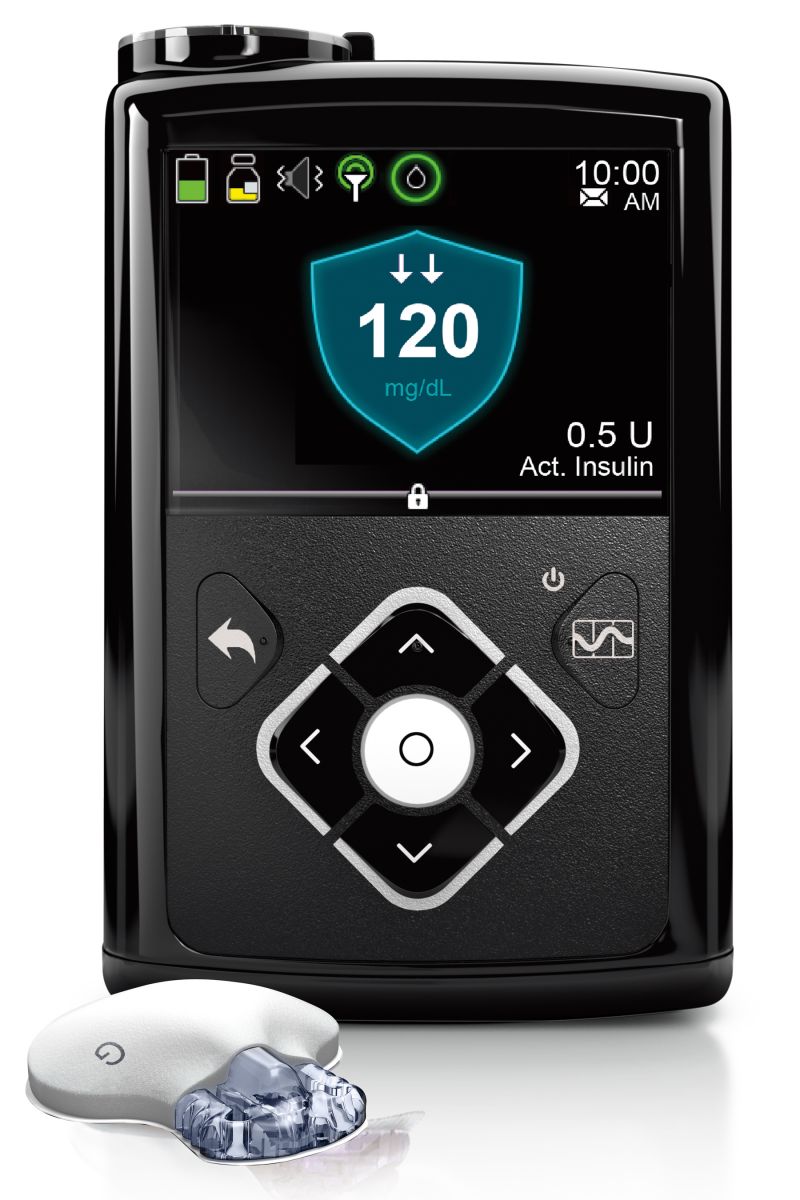Construction at our new Texas Diabetes & Endocrinology office in Round Rock has started. The new building will allow us to serve our patients better by integrating our weight loss program, our research department, and will expand our clinic space. Our patients will also appreciate the increased parking space. The new building will be at 110 Deer Ridge Dr. We are expecting to move in to the new space this summer, and we will keep our patients posted.
Author: Misha Diden


Continuous Glucose Monitors (CGMs) – Gold Standard of Care for Adults with Type 1 Diabetes
The Endocrine Society recently issued a Clinical Practice Guideline recommending continuous glucose monitors (CGMs) as the gold standard of care for adults with Type 1 diabetes. Here at Texas Diabetes & Endocrinology, we provide comprehensive training and support for continuous glucose monitoring.
The guideline, titled “Diabetes Technology—Continuous Subcutaneous Insulin Infusion Therapy and Continuous Glucose Monitoring in Adults: An Endocrine Society Clinical Practice Guideline,” was published online and also appeared in the November 2016 print issue of The Journal of Clinical Endocrinology & Metabolism (JCEM), a publication of the Endocrine Society.
Continuous glucose monitors (CGMs) are primarily used to help in the management of Type 1 diabetes, although the devices can be useful for people with type 2 diabetes, as well.
Studies have found that people with Type 1 diabetes who use CGMs are able to maintain better control of their blood sugar without increasing episodes of hypoglycemia when blood sugar drops to dangerous levels, compared to those who self-monitor blood glucose with periodic fingersticks,” said Anne L. Peters, MD, of the University of Southern California’s Keck School of Medicine in Los Angeles, CA, and chair of the task force that authored the guideline. “Scientific evidence supports the use of CGM technology in individuals with Type 1 diabetes whose blood sugar is above the targeted level as well as those whose blood glucose is well managed.”

Texas Diabetes & Endocrinology Partners with MyDiabetesHome
Texas Diabetes & Endocrinology is proud to announce our new partnership with MyDiabetesHome. MyDiabetesHome.com is a personalized diabetes management platform providing diabetic patients with tools to track blood sugar and manage medications. The interactive dashboard is easily accessible via computer, tablet or mobile device and allows patients to simplify their life, drastically improve doctor visits, and ultimately achieve better health. Texas Diabetes & Endocrinology will be sponsoring an upgraded membership for all patients. Check it out today! www.mydiabeteshome.com

FDA approves first automated insulin-delivery device for type 1 diabetes
The FDA announced the approval of Medtronic’s MiniMed 670G, the first hybrid closed loop system – often referred to as an “artificial pancreas” – on September 28th. The device is designed to check sugar levels, and provide appropriate insulin doses, based on those readings. It is currently approved for use for people aged 14 years and older with type 1 diabetes.
The FDA emphasized its dedication to making technologies available that can help improve the quality of life for those with chronic diseases — especially those that require day-to-day maintenance and ongoing attention in a press release. The press release said: “This first-of-its-kind technology can provide people with type 1 diabetes greater freedom to live their lives without having to consistently and manually monitor baseline glucose levels and administer insulin.”
The new device measures glucose every five minutes and automatically administers or withholds insulin, based on these levels. Users will still need to manually administer insulin doses for mealtime insulin.
The system includes a sensor that monitors glucose levels under the skin, an insulin pump, and an infusion patch.
Data from a clinical study including 123 participants with type 1 diabetes showed safety and effectiveness of the device for people aged 14 years and older.
An ongoing study is currently looking at the safety and effectiveness of the system for children aged 7 to 13 years with type 1 diabetes.
More information about the device can be found here: http://newsroom.medtronic.com/phoenix.zhtml?c=251324&p=irol-newsArticle&ID=2206594

